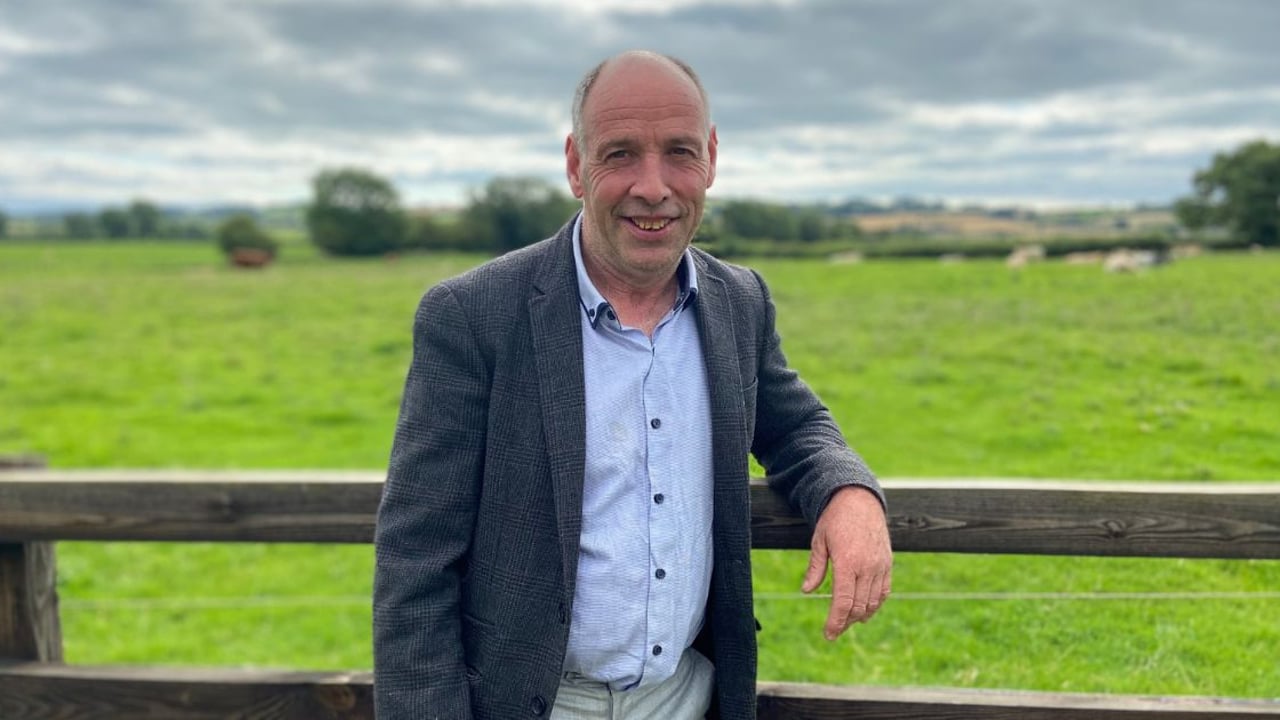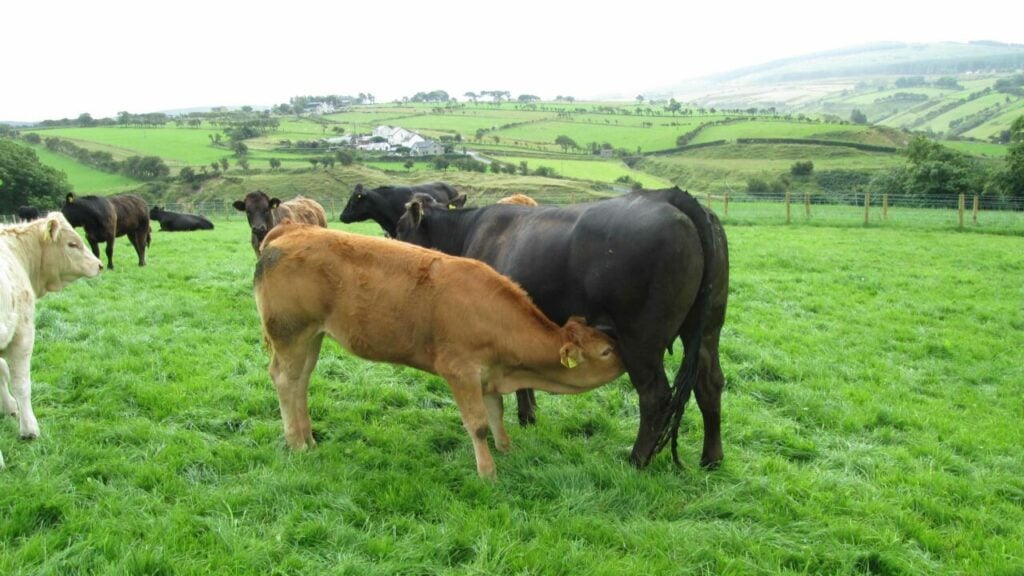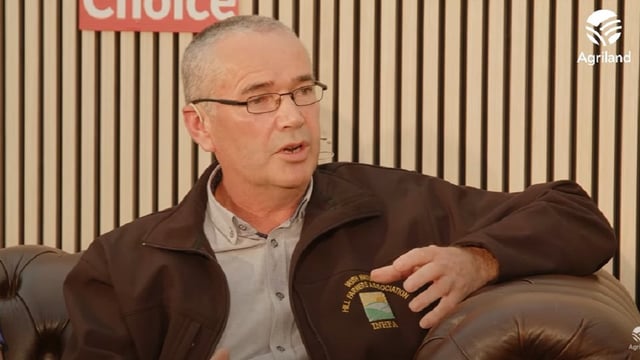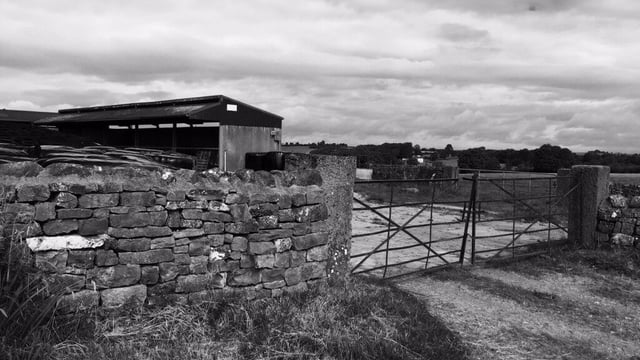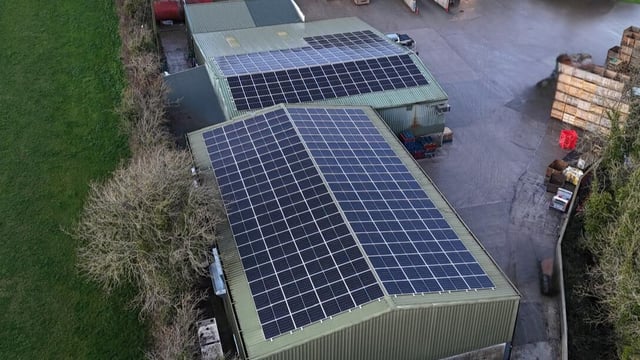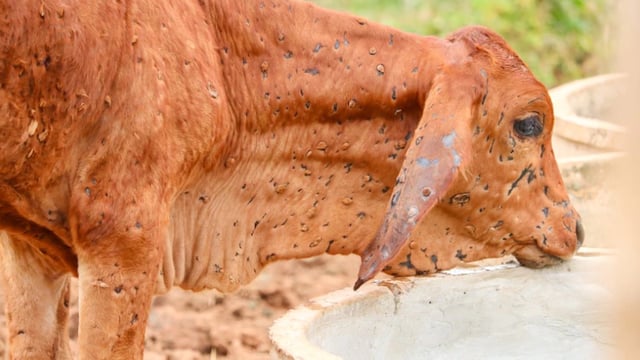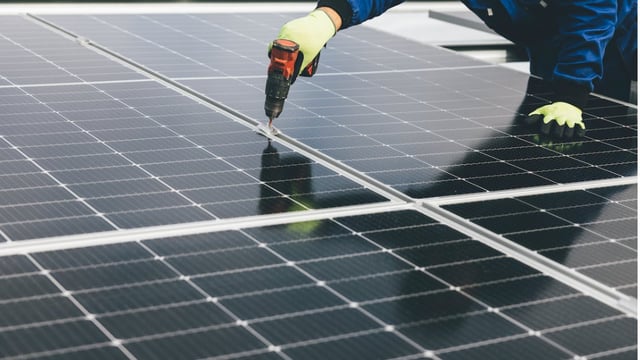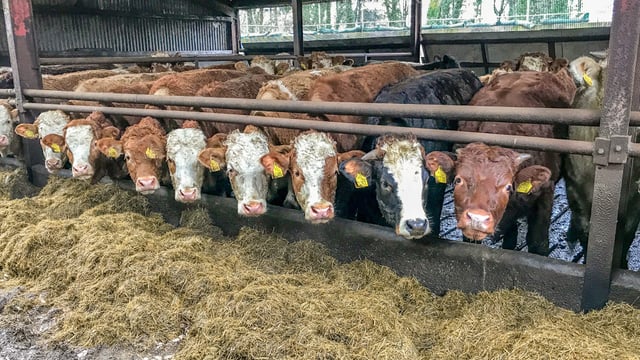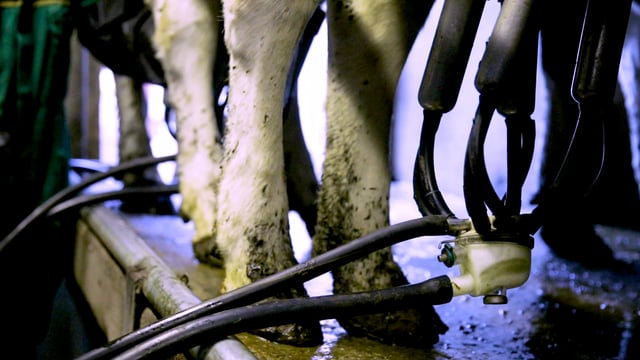Budget 2026 'falls short' when it comes to farm incomes - ICSA
The Irish Cattle and Sheep Farmers' Association (ICSA) has said that despite containing "some positives", Budget 2026 does not go far enough to deal with the "real pressures facing beef, sheep, suckler, and tillage farmers".
Under Budget 2026, which was unveiled today (Tuesday, October 7), the Department of Agriculture, Food and the Marine (DAFM) has been allocated a total of €2.3 billion.
The overall allocation to fund livestock schemes will amount to €131 million in 2026.
While Minister for Agriculture, Food and the Marine Martin Heydon also committed to support the tillage sector in 2026 with "funding of at least €50 million through the Protein Aid Scheme, the Straw Incorporation Measure and a Tillage Support Scheme".
Budget 2026
Reacting to the budget, ICSA president Sean McNamara said that farmers are "still grappling with soaring costs and tightening margins, yet there’s very little here to tackle the income crisis on the ground".
He said additional bovine tuberculosis (TB) programme funding must be used to "support fair compensation, effective wildlife control, and genuine engagement with farmers rather than simply expanding testing or bureaucracy".
He added that it is "vital that farmer representatives are fully consulted on how this money will be spent".
"The first priority must be to increase the outdated compensation caps. The current ceilings of €3,000 for commercial animals and €5,000 for pedigree animals are totally unrealistic.
"ICSA has been calling for these to be increased to €5,000 and €7,000 respectively, and this must happen now without delay.
"Farmers with top-quality breeding stock are not being fairly compensated for their losses, and this is undermining livelihoods across the country.
"TB eradication is an important national goal, but it cannot come at the expense of low-income beef and suckler farmers," he said.
Schemes
McNamara welcomed the retention of the national beef and sheep welfare schemes.
However, he said the momentum towards delivering €300/suckler cow and €35/ewe should have been maintained, not stalled.
“It is vital that these scheme payment rates are at least maintained at 2025 levels, with €13/ewe in the Sheep Welfare Scheme, delivering a potential €25/ewe when combined with the Sheep Improvement Scheme.
"Likewise, the €75/head under the Beef Welfare Scheme must continue, maintaining the €250 per cow/calf achievable when combined with SCEP.
"These schemes are vital to sustaining family farm incomes, but farmers needed to see progress, not just a holding pattern," he said.
The ICSA president welcomed that funding has been secured for a Tillage Support Scheme.
"The tillage sector is under severe pressure, and meaningful support is urgently needed to protect its future," he said.
Generational renewal
There was also a positive reaction to the continuation of key agri-taxation reliefs to support farm succession and generational renewal.
McNamara noted that Budget 2026 "could have done more to genuinely kickstart generational renewal".
"Succession is one of the biggest challenges facing Irish farming, particularly for drystock enterprises where incomes are too low to attract younger farmers.
"Tax reliefs are important, but Budget 2026 could have done more on generational renewal, and funding should have been ringfenced to get the process moving," he said.
McNamara added that the increase in forestry funding and the establishment of a reconstitution scheme for landowners affected by the devastation caused by Storm Éowyn is "a positive step".
The ICSA president said the continuation of financial supports for the Organic Farming Scheme (OFS) and the decision to reopen the scheme for tillage farmers was positive.
However, he described the exclusion of beef and sheep farmers from this reopening as "a serious mistake".
McNamara also welcomed the continued focus on improving water quality and retaining the nitrates derogation but warned that this must not come at the expense of drystock farmers.
“Drystock farmers cannot become collateral damage in the nitrates debate. Balanced policies are needed that support all farmers to make environmental improvements without undermining their ability to earn a living," he added.

